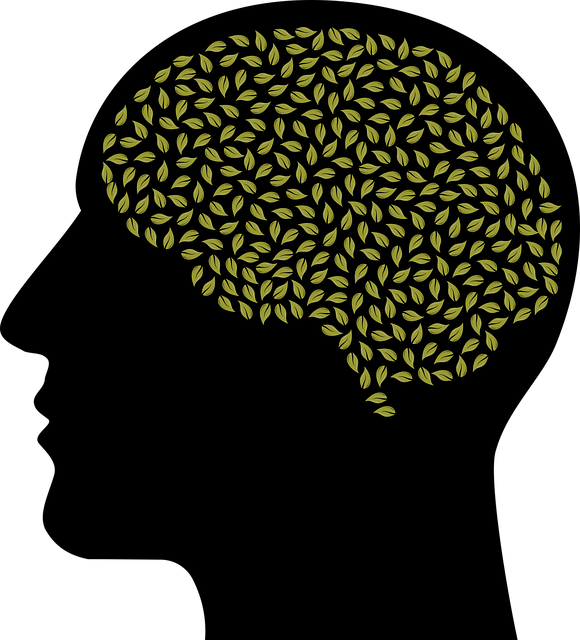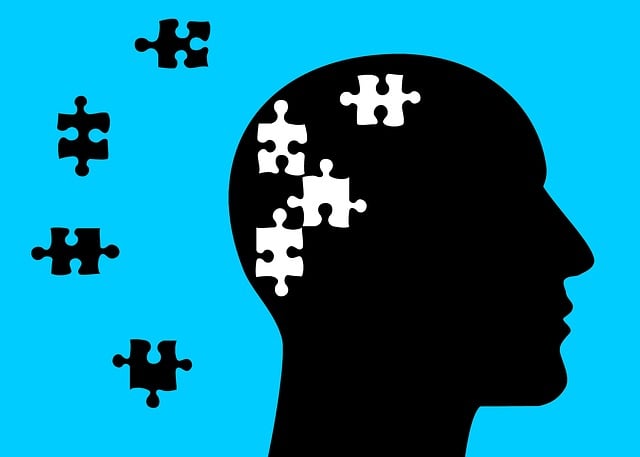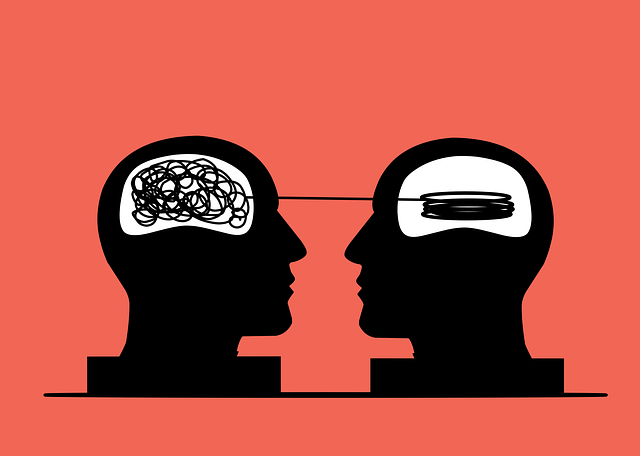Play therapy, a therapeutic approach leveraging play and mindfulness techniques, is crucial for fostering mental wellness in young children. By integrating RFM (Resilience, Flexibility, Mindfulness) principles into engaging activities like sandtrays, art, and storytelling, therapists help kids develop emotional regulation skills, adapt to change, and cope with stress. This method enhances their resilience, equips them with tools for navigating challenges, and lays a strong foundation for lifelong emotional well-being, making play therapy an effective strategy for mental health coaching programs tailored to children.
Resilience is a vital skill for young minds to navigate life’s challenges. This article explores the power of RFM (Recovery, Flexibility, and Mastery), a play therapy approach to build resilience in children. We delve into the science behind RFM, its impact on mental well-being, and how play-based activities can become powerful tools. Discover practical strategies for therapists and parents to design engaging exercises, fostering flexibility and adaptability in young children through creative play therapy techniques.
- Understanding RFM and Its Impact on Young Minds
- Play Therapy: A Creative Approach to Resilience Building
- Identifying Resources for Play-Based Resilience Exercises
- Designing Effective Resilience-Boosting Activities
- Integrating RFM into Play Therapy Sessions: Tips from Professionals
Understanding RFM and Its Impact on Young Minds

Understanding RFM (Resilience, Flexibility, and Mindfulness) is crucial for fostering mental wellness in young children. This therapeutic approach leverages play therapy to help kids develop essential skills that promote emotional regulation and anxiety relief. By integrating mindfulness techniques into their daily lives, young minds can navigate life’s challenges more effectively.
Play therapy serves as a powerful tool within RFM, allowing children to express themselves through creative play while learning to manage their emotions. This early intervention is vital for the development of mental wellness coaching programs designed specifically for children. Through RFM, young individuals gain the resilience needed to face setbacks and the flexibility to adapt to changing circumstances, both key components in nurturing holistic emotional regulation.
Play Therapy: A Creative Approach to Resilience Building

Play Therapy offers a creative and engaging approach to resilience building for young children. Through imaginative play, children can process and express their emotions in a safe and controlled environment. This therapy encourages them to explore different scenarios, develop coping strategies, and build mental health skills that will serve them well into adulthood. By integrating Play Therapy into educational programs, schools can provide valuable support for students’ emotional well-being and overall mental wellness.
In designing mental health education programs, incorporating activities like mindfulness meditation and journaling exercises can further enhance resilience building. These practices promote self-awareness, emotional regulation, and positive thinking—all essential components of a robust mental wellness routine. The guidance provided during these sessions equips children with tools to navigate challenging situations, fostering their ability to bounce back and thrive in various environments.
Identifying Resources for Play-Based Resilience Exercises

Play-based resilience exercises are a powerful tool for enhancing therapy for young children and their mental health awareness. The first step in implementing these strategies is identifying suitable resources that cater to diverse play scenarios. Sandtrays, art materials, building blocks, and dress-up corners are classic tools that can facilitate emotional regulation activities. These resources allow children to express themselves creatively while exploring different emotions and coping mechanisms.
When setting up play therapy sessions, mental health professionals should consider age-appropriate materials and tailor them to each child’s unique needs. For instance, younger children might benefit from sensory play with soft toys or water tables, encouraging exploration and helping them make sense of their feelings. Conversely, older kids could engage in dramatic play scenarios, role-playing different situations to develop problem-solving skills and emotional resilience. A comprehensive risk assessment for mental health professionals is essential to ensure a safe and beneficial play environment.
Designing Effective Resilience-Boosting Activities

Designing Effective Resilience-Boosting Activities for young children through play therapy is an art that requires careful consideration. Incorporating therapeutic techniques into engaging and fun experiences can help children develop coping mechanisms, build emotional regulation skills, and enhance their overall resilience. When planning these activities, it’s crucial to tailor them to the age group and individual needs of each child, ensuring they are age-appropriate and accessible.
A well-designed play therapy session might include elements like mindfulness meditation exercises adapted for kids, incorporating calming techniques through storytelling or creative art. Simple breathing exercises or guided visualizations can help children learn to manage stress and anxiety effectively. Additionally, community outreach program implementations that involve group activities foster a sense of belonging and teach social skills vital for building resilience. Encouraging emotional expression through play and empowering children with strategies to navigate difficult emotions are key aspects in the process of boosting their inherent resilience.
Integrating RFM into Play Therapy Sessions: Tips from Professionals

Integrating RFM (Resilience, Flexibility, and Mastery) into play therapy sessions for young children is a powerful approach to enhancing their coping skills development. Professionals emphasize that by creating a safe and supportive environment, therapists can effectively design mental health education programs tailored to each child’s unique needs. Through engaging activities, children learn to navigate difficult emotions, build resilience, and develop a sense of control over their lives.
This method encourages the exploration of various strategies to manage stress and anxiety, fostering confidence boosting moments as children successfully overcome challenges. Play therapy sessions become dynamic spaces where kids can express themselves creatively while acquiring valuable tools for emotional regulation. Professionals suggest incorporating RFM principles into everyday play activities, allowing children to naturally develop a robust mental health foundation that will benefit them throughout their lives.
Play therapy, as a form of therapy for young children, offers a unique and creative approach to building resilience using RFM (Resilience, Flexibility, and Mastery) principles. By integrating these techniques into play-based activities, professionals can empower kids to navigate challenges with greater confidence and adaptability. With the right resources and well-designed exercises, play therapy becomes an engaging and effective tool to foster resilience in young minds.













